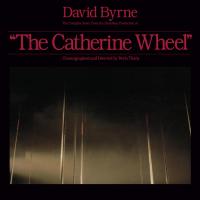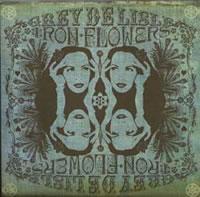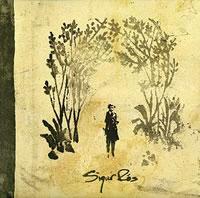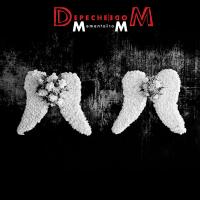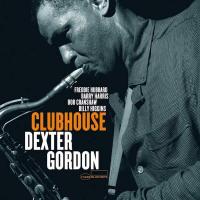Album Reviews
Sort By: Post DateTitle Publish Date
|
May 19, 2023
|
Sep 13, 2024
|
Apr 01, 2007
|
Mar 29, 2024
|
Jun 01, 2006
|
Apr 07, 2023
|
Nov 18, 2013
|
Feb 02, 2015
